Xingu-Tokyo: Ancestral Connection
(Xingu-Tokyo: conexão ancestral)
Marisa Moreira Salles, Tomas Alvim, Pedro Jezler, Rafael Costa / Brazil / 2024 / 45 min
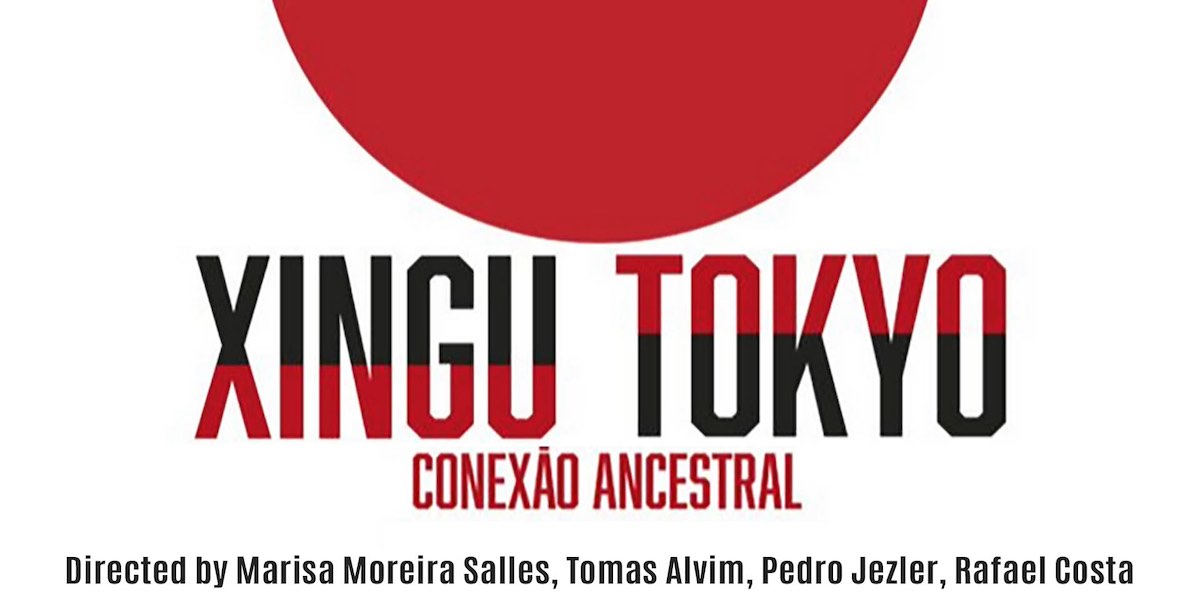
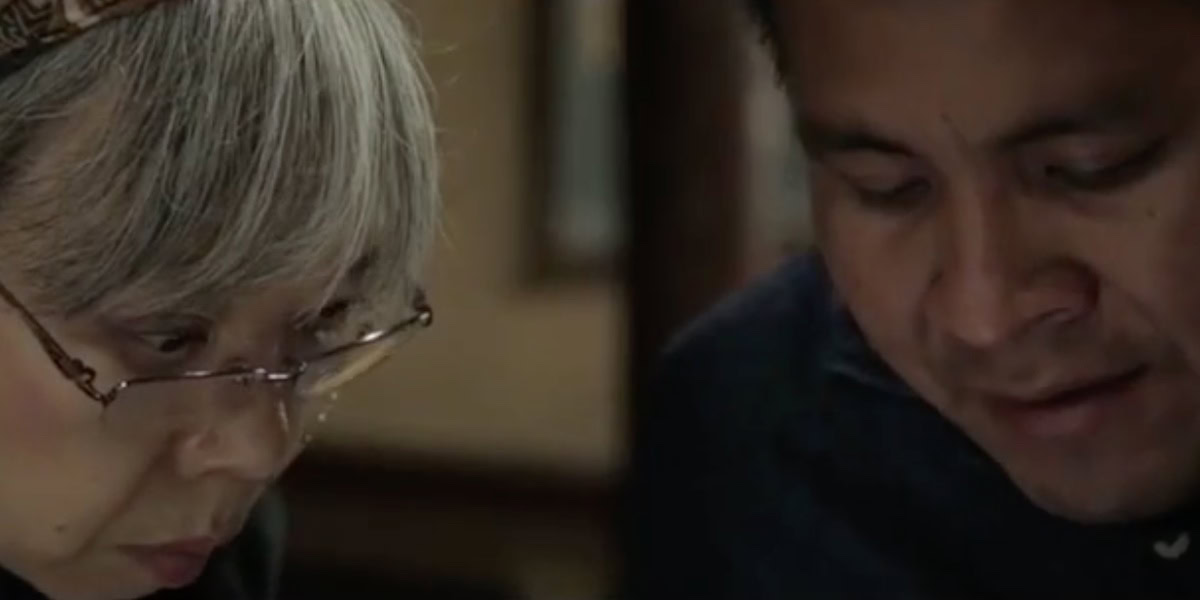
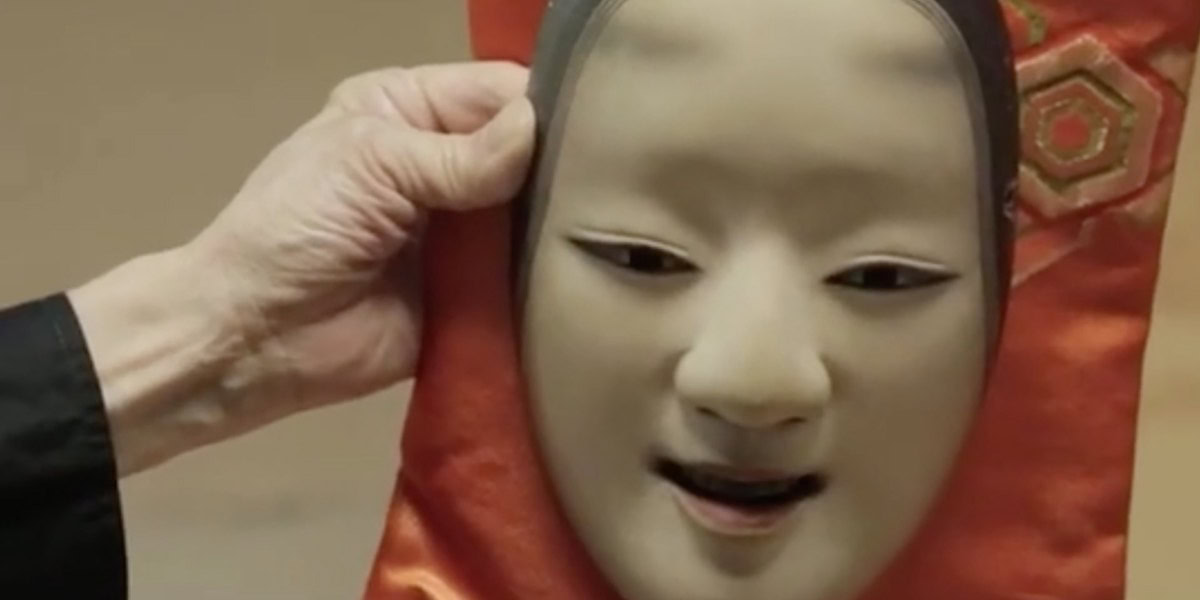
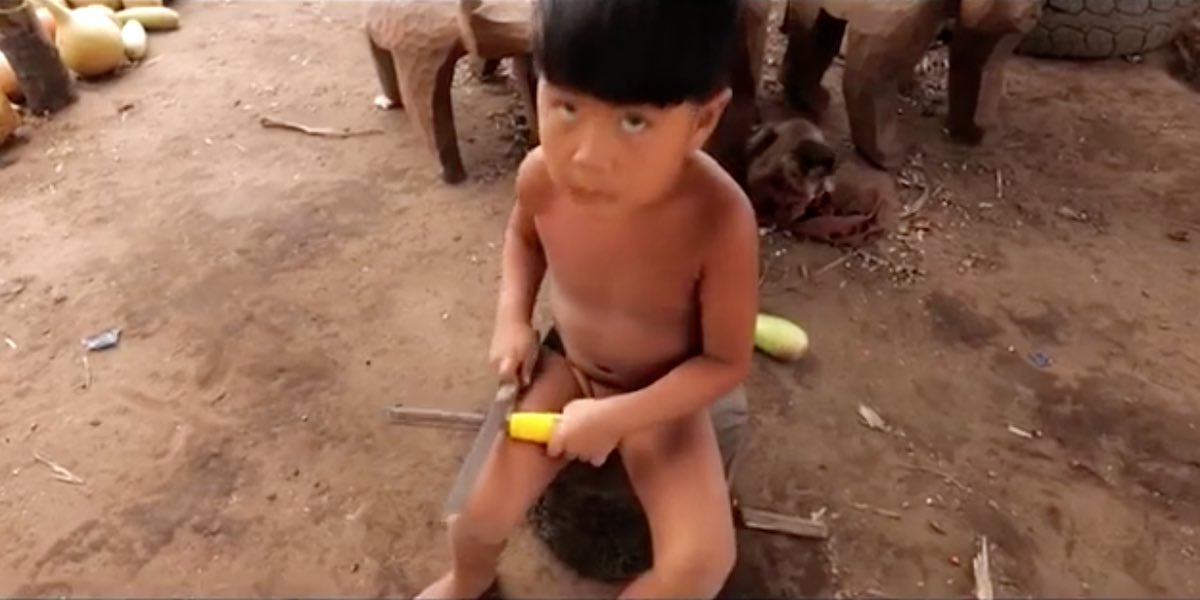
Garifuna International Indigenous Film Festival
Pricing
Related Films
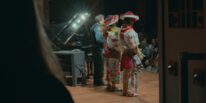 A Place Called Music(Un lugar llamado música)Enrique M. RizoA captivating documentary that explores the unexpected bond between Daniel Medina, a traditional Wixárika violinist from the mountains of Jalisco, ...
A Place Called Music(Un lugar llamado música)Enrique M. RizoA captivating documentary that explores the unexpected bond between Daniel Medina, a traditional Wixárika violinist from the mountains of Jalisco, ... On Suspicion: Zokunentu(Bajo sospecha: Zokunentu)Daniel Díaz OyarzúnFilmmaker Daniel Díaz’s life takes a pivotal turn following the racial profiling and wrongful arrest of his uncle, Bernardo Oyarzún, a renowned ...
On Suspicion: Zokunentu(Bajo sospecha: Zokunentu)Daniel Díaz OyarzúnFilmmaker Daniel Díaz’s life takes a pivotal turn following the racial profiling and wrongful arrest of his uncle, Bernardo Oyarzún, a renowned ...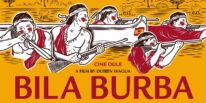 Bila BurbaDuiren WaguaBila Burba is a powerful documentary that captures the spirit and resilience of the Gunadule people of Panama. The film centers on the annual reenactment ...
Bila BurbaDuiren WaguaBila Burba is a powerful documentary that captures the spirit and resilience of the Gunadule people of Panama. The film centers on the annual reenactment ... The Eternal Night of the Twelve Moons(La eterna noche de las doce lunas)Priscila PadillaOn the Guajira peninsula in northern Colombia, the customs of the indigenous Wayuu still prevail. In Priscila Padilla‘s documentary The Eternal ...
The Eternal Night of the Twelve Moons(La eterna noche de las doce lunas)Priscila PadillaOn the Guajira peninsula in northern Colombia, the customs of the indigenous Wayuu still prevail. In Priscila Padilla‘s documentary The Eternal ... The Three Roses(Las Tres Rosas)Walter ValdaSamuel and Julia, two children in a close-knit community, have intertwined lives marked by tragedy. Orphaned Samuel lives with his aunt Ermelinda, while ...
The Three Roses(Las Tres Rosas)Walter ValdaSamuel and Julia, two children in a close-knit community, have intertwined lives marked by tragedy. Orphaned Samuel lives with his aunt Ermelinda, while ...Synopsis
Portuguese and Japanese with English subtitles
Xingu–Tokyo: Ancestral Connection is a powerful cross-cultural documentary that explores the deep-rooted ties between Indigenous peoples of Brazil and Japan through the universal language of art. The film intimately portrays the daily life of the Kaupuna people in the Xingu Indigenous Territory, offering a rare, authentic glimpse into their traditions, creativity, and spiritual connection to the land.
Juxtaposed with this are scenes from the groundbreaking 2018 exhibition of Brazilian Indigenous art at the prestigious Tokyo Metropolitan Teien Art Museum, revealing how ancestral knowledge transcends borders. The film features influential voices from both cultures, including Toyojiro Hida, director of the Teien Museum; acclaimed Japanese craftsman Shuji Nakagawa; Xingu artist Mayawari Mehinaku; and renowned architect Toyo Ito, winner of the 2013 Pritzker Architecture Prize.
Blending ethnography, contemporary art, and intercultural dialogue, Xingu–Tokyo: Ancestral Connection challenges viewers to reconsider the global relevance of Indigenous perspectives and the enduring power of ancestral wisdom in today’s world.
Related Subjects
About the Director
Marisa Moreira Salles is a Brazilian publisher, editor, and cultural entrepreneur, known for her work in art and indigenous cultural projects rather than as a traditional filmmaker. She co-founded BEĨ.Editora, a publishing house focused on Brazilian indigenous art and culture. She has been involved in curatorial and documentary projects that highlight indigenous heritage and artistic traditions, such as the exhibition and documentary Xingu-Tokyo – Conexão Ancestral (2023). While not primarily recognized as a filmmaker, Marisa Moreira Salles collaborates closely with filmmakers and artists to produce audiovisual works that emphasize indigenous narratives and cultural preservation. She is also linked to the prominent Salles family, which includes acclaimed filmmaker Walter Salles.
Tomás Alvim is a Brazilian editor, cultural producer, and director known for his work in indigenous art and cultural projects. He is the co-founder of Arq.Futuro and a partner at BEĨ.Editora. Alvim has been involved in curating and directing projects that highlight indigenous heritage, such as the documentary Xingu-Tokyo: Conexão Ancestral (2023). His work often bridges visual arts, documentary filmmaking, and cultural activism, focusing on the preservation and dissemination of indigenous knowledge and artistic traditions. Alvim also directs the BEI Institute, which supports indigenous artists in gaining international exposure.
Pedro Jezler is a Brazilian filmmaker known for his work in documentary cinema focusing on indigenous cultures and art. He is one of the directors of Xingu-Tokyo: Conexão Ancestral (2023). Jezler’s work is characterized by an interest in indigenous heritage, cultural preservation, and cross-cultural dialogues, often collaborating with other filmmakers and cultural producers to bring these stories to broader audiences. While his filmography is not extensive in widely known commercial films, his contributions to projects like Xingu-Tokyo position him as an important voice in contemporary Brazilian documentary filmmaking focused on indigenous art and identity.
Rafael Costa is a Brazilian filmmaker and cinematographer with extensive experience in television and film production. He has worked as assistant director, second unit director, and director of photography on various Brazilian TV series and films. His credits include popular TV shows such as Um Lugar ao Sol (2021), As Five (2020–2021), Under Pressure (2020), and Malhação (2017–2018). He also contributed to films like Trash (2014) and D.e.u.s (2015) in camera and electrical departments. His career highlights a strong background in cinematography and assistant directing within Brazilian audiovisual productions, with a growing presence in documentary filmmaking focused on indigenous and cultural themes.
Press
“The documentary is a surprising reflection on Brazilian indigenous art.” – ITU Prefeitura, Sessao Pontos Mis